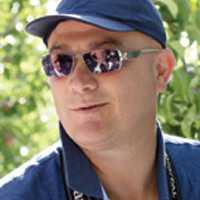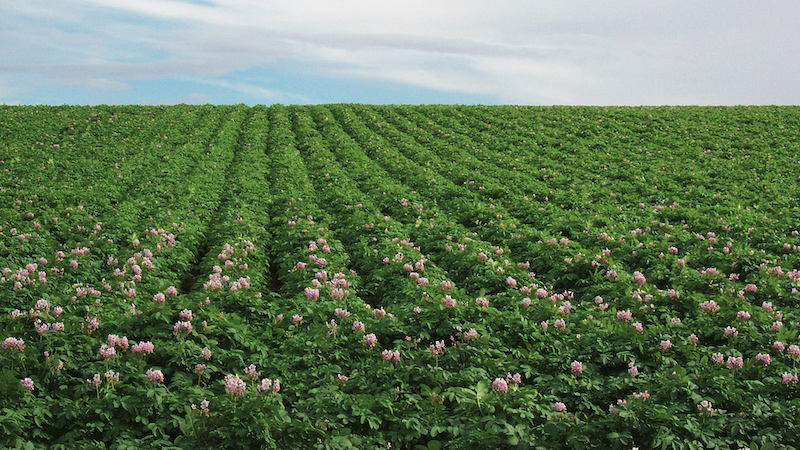Pomologist Stefano Musacchi Joins Faculty At Washington State

Editor’s Note: Stefano Musacchi, an internationally recognized leader in pomology, will join the faculty at Washington State University (WSU) in August as the endowed chair in tree fruit physiology/management. The chair is funded by the state’s apple and pear growers through their historic partnership with WSU by investing $27 million to expand tree fruit research and Extension as part of the “Campaign for Washington State University.” We emailed some questions to Musacchi at his office at the University of Bologna in Italy.
1. You’ve visited Washington many times. What’s the biggest difference you’ve found between fruit growing in Italy and fruit growing in Washington?
Washington apple and pear production is certainly one of the most excellent systems in the world due to climatic and cultural conditions. The main difference between the two countries is the level of mechanization that is strongly linked to the training systems and the optimization of fruit quality. The labor cost makes the difference. A working day in Italy costs $150 and mechanization became the only solution to make the orchard profitable. Many other countries, like Chile and Argentina, have also started mechanization projects.
2. Why did you want to come to Washington?
The fruit industry in Washington is one of the largest in the world and I think it is the best place to do research. The WSU project is conceived to build a strong group, providing good results for the grower and to reach a globally recognized level of research.
3. In the press release from WSU, you were described as a researcher “who can hit the ground running and work directly in orchards with growers.” What might that work entail?
In Italy, I have been appreciated by farmers because I’ve always tried to transfer trial results to the field. Many of my experiments were carried out directly on the farms in order to make them very realistic. I also have a great passion for pruning techniques that allows me to adopt different solutions according to the orchard situation.
4. How will your experiences in pomology research carry over into your new role at WSU?
My background is based on research both in the field and in the laboratory, and this allows me to have an overview of the physiological problems and to combine and integrate the research in order to provide a more complete view of the trees. For this reason, I like to work with people with different backgrounds. Many of my studies concern applied physiology in orchard management and manipulation of key factors that can increase productivity, such as pruning and application of plant growth regulators (PGRs). I have developed innovative systems for high-density planting of apple, pear (Bi-axis), and cherry (Super Slender Axe [SSA]) and I have also studied physiological and biochemical aspects of fruit quality.
I’ve been breeding pears for more than 20 years, during which time I have studied not only pomological aspects, but also those related to pest and disease resistance (like psylla and fire blight) and the genetic control of characteristics like red skin color. This year I will release four new pear cultivars. My teaching activities started in 2000 and I was able to attract a substantial number of students of various degree levels. I also have good contacts in South America, especially in Chile and Argentina, for cooperation on research.
5. What are your biggest short-term goals upon joining the WSU team?
To become aware of the most important and compelling aspects that affect Washington growers to focus my research. I also believe that optimizing training systems and improving mechanization are key factors.
6. How do you plan to work with tree fruit growers in Washington and learn more about their needs?
I grew up on a farm, and this helps me understand growers’ needs. For me, being a foreigner, the most important thing will be, initially, to become aware of the industry’s problems. I think it is definitely important to visit farms and interact with growers and members of the Washington Fruit Tree Research Commission.
7. What appeals to you most about living and working in Washington?
I like the nature and environmental diversity present in this state, which has very different climatic conditions. It is an environment very different from the Italian one, but I have noticed that people are very kind and helpful. This opportunity is very exciting, and I am highly motivated to begin this new work.










